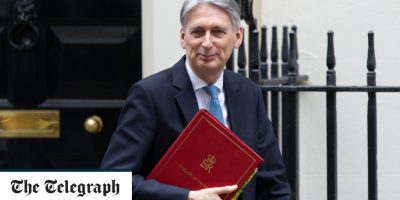Britain is careering ever closer towards to a complete withdrawal from the European Union. On December 31 2020 the transition period, during which British banks and financial firms have continued to operate under European rules, will end.
This has temporarily held off any significant Brexit-related changes for savers, who have instead been battered by interest rate cuts following the coronavirus outbreak.
Ministers had hoped to reach an agreement on what future relations with Europe would look like by now but the prospect of a "no-deal" is still very real.
Will savings rates fall?
Economic disruption caused by a no-deal Brexit could pile more pressure on already squeezed banks, forcing savings rates down.
Interest rates have already fallen this year after the Bank of England slashed its base rate twice in March 2020 to a record low level of just 0.1pc.
Further cuts could push rates into negative territory, meaning savers could end up having to pay banks to look after their cash.
Even now there is only one easy-access account on the market that beats inflation and savers are already struggling to protect their cash from losing value.
Rachel Springall of Moneyfacts, a data provider, warned that Brexit could also lead some financial firms without a British banking licence to leave the savings market entirely.
“That would be bad for competition and could push rates down further,” she said. “As it stands the Government is prioritising support for people impacted by coronavirus and in the upcoming Budget the focus may be on potential tax hikes to pay off some of the deficit rather than supporting savers.”
Anna Bowes of Savings Champion, a comparison site, said: “It’s impossible to know what will happen with savings rates due to the current pandemic – never mind with the approaching date for Brexit.”
She added that rates had recovered slightly in recent weeks and savers may therefore want to lock away their money in case this trend is reversed following a disorderly exit from the EU.
The best three and five-year fixed-rate bonds are with the bank UBL UK. The former pays 1.4pc while the latter pays 1.5pc.
Paragon Bank pays the next best rates on both of these terms. The three-year option has an interest rate of 1.35pc while over five years it is 1.4pc.
“The minimum deposit for the UBL UK accounts is £2,000, while it’s £1,000 for Paragon. No access is allowed before maturity,” Ms Bowes added.
























Comments